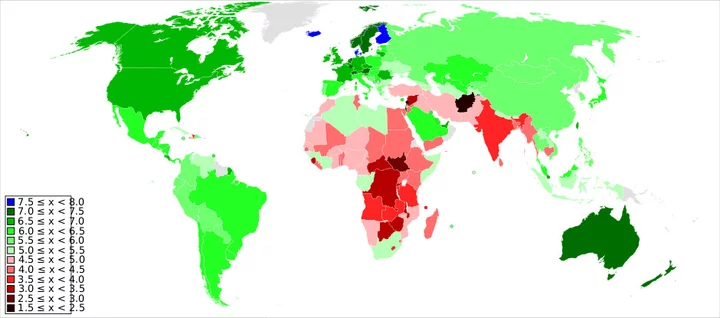If you’re not happy here and now, you never will be.
— Taisen Deshimaru
###
I’ve been saving quotations for years and years. I’ll be reading something (or watching a movie) and a line will just speak to me, a few words summing up a world of ideas and feelings. Or just something that makes me splutter with laughter over my morning coffee. Every so often, I’ll upload these precious gems into a book under the title Open Anywhere. It’s just for my own amusement and edification; the wonderful world of on-demand printing doesn’t care if I get one or a thousand copies, and for ten bucks, I’ve got all these worthy notions in a handy-dandy book.
All this by way of saying, one of the perennial section titles in on-going editions of Open Anywhere is “Happiness.” Since my in-box seems to be the receptacle for endless ways to achieve this (apparently) worthy goal, I thought I’d revisit the subject yet again, calling on those writers far wiser and more experienced than me to add their two cents, starting with author Geneen Roth:
“We spend at least half our lives in either physical or emotional discomfort, yet we persist in believing that happiness is our natural, normal condition and that when we’re not happy, we’re not normal.”
I can so relate to this! I’ve created a “set-point” of happiness (hence Roth’s “half our lives”) from which any deviation — up or down —immediately gets labeled, in my fickle mind, as “good” or “bad.” Why is the “good” so much easier to accept than the “bad”? That’s easy. Feeling bad was what got our ancestors through the rough-and-tumble of the Pleistocene, when contentment was likely a sure route to extinction! (Better to live in anxiety — Where’s the next meal was coming from? Will the waterhole last the dry season? Will she spend the night with me? — than bliss out and get eaten by the next carnivore that comes along.) Discontent and survival were practically synonymous on the savanna a million years ago, and we’ve inherited most of our ancestors’ traits.
2023 world map of countries by World Happiness Report score, higher = happier. (Public domain.)
I’ve written about Dan Gilbert’s take on happiness before, but it’s worth repeating. Gilbert is a happiologist, if that’s a word, at Harvard. In his book Stumbling on Happiness, he writes that we treat our future selves as though they were our children, “… spending most of the hours of most of our days constructing tomorrows that we hope will make them happy.” I think, “If I work double shift, I can pay off my Visa card in a year, and then I’ll be happy.” Twelve months later, I’m out of debt…but I’m worn to a frazzle and put on ten pounds and wonder if it was all worth it. Or I’ve just shifted my set-point higher and forgotten to appreciate my improved circumstances.
Then there’s the whole business of thinking of ourselves as “projects that can be tweaked and reworked and adjusted to improve the inner experience,” quoting author Geraldine Bell. As movie critic Anthony Lane puts it (in his rollicking review of Arthur Brooks’ and Oprah Winfrey’s book Build the Life You Want): “Restructuring your inward being, and increasing its turnover, is now akin to running a company. Personhood, like religion and politics, is a business.” At some point in my life, I guess I made the decision to stop aiming for more of everything — happiness, sex, money, fame and all the rest — and settle for what I’ve actually got, warts and all. Otherwise it’s just a non-stop fucking struggle. (Louisa just read that and said, “Really? You’re done?” “Literary license,” I said.)
And anyway, as far as future happiness goes, Tolstoy nailed it, as usual, in Anna Karenina: “[Vronsky] soon felt that the fulfillment of his desires gave him only one grain of the mountain of happiness he had expected. This fulfillment showed him the eternal error men make in imagining that their happiness depends on the realization of their desires.”
I’ll end quoting myself, ‘cos why not? “My next life, I’m coming back as a dog. A self-satisfied, tail-wagging, unconditionally loving border collie who won’t give a woof about happiness.”

CLICK TO MANAGE